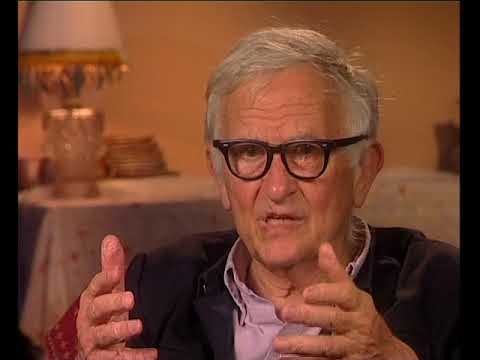Documentary Classics: ‘When We Were Kings’
It took more than 20 years for When We Were Kings to be made. But what the film is and what it was initially supposed to be are such different things that that statement isn’t entirely true. Director Leon Gast went to Africa in the fall of 1974 to document the three-day Zaire 74 concert (aka “the black Woodstock”), along with the Muhammad Ali and George…
Keep reading with a 7-day free trial
Subscribe to Nonfics to keep reading this post and get 7 days of free access to the full post archives.



